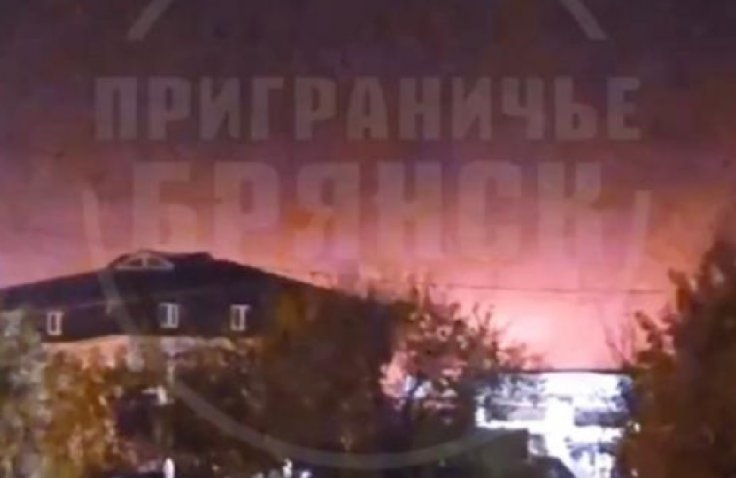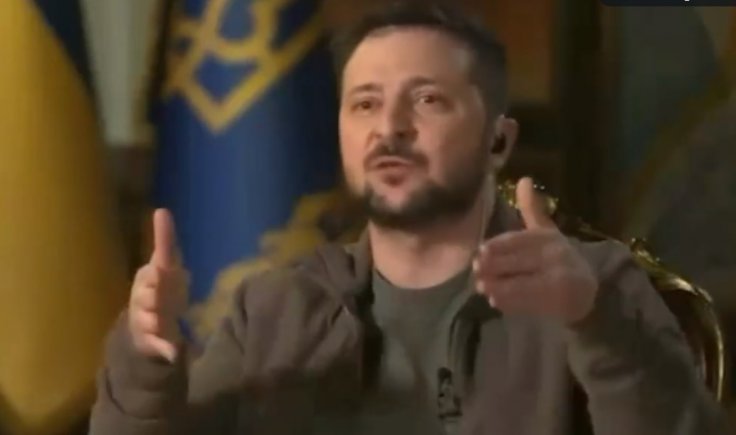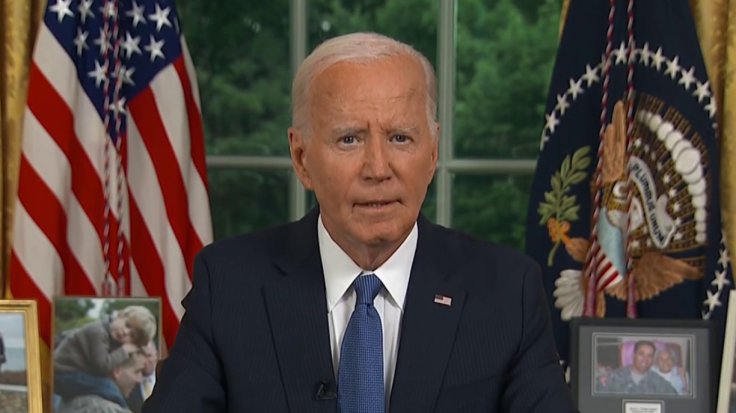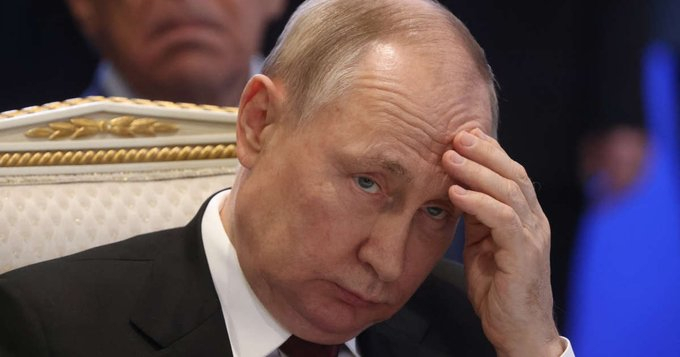Ukraine launched its first attack on Russian soil using U.S.-supplied long-range missiles, just days after the Biden administration approved their use despite concerns about potentially escalating the conflict. A massive explosion erupted at an ammunition depot in Karachev, around 75 miles from the Ukrainian border in Russia’s Bryansk region in the early hours.
The blast lit up the night sky on what marks the 1,000th day of the war between Ukraine and Russia. Eyewitness accounts and reports from Russian military bloggers first brought attention to the strike, which was later confirmed by Ukrainian military officials to RBC Ukraine as being carried out with the U.S.-made ATACMS (Army Tactical Missile System).
Fears of World War III Escalate
X
News of the strike surfaced just minutes after the Kremlin issued a warning of a potential ‘nuclear response’ if Ukraine targeted Russian territory using Western-provided long-range weaponry.
“The Russian Federation reserves the right to use nuclear weapons in the event of aggression against it with the use of conventional weapons,” Kremlin press secretary Dmitry Peskov told reporters in Russia this morning.
The statement came after Vladimir Putin approved a revised nuclear doctrine, allowing Russia’s strategic forces to use nuclear weapons if either Russian or Belarusian territory is threatened by a non-nuclear nation backed by a nuclear power.
The updated policy outlines scenarios that could prompt Russia’s leadership to consider a nuclear strike, including attacks using conventional missiles, drones, or other aircraft.
A Ukrainian attack on Russian territory using U.S.-supplied missiles fits these criteria, fueling concerns that Moscow might now contemplate a significant escalation in the conflict.

X
Despite the Kremlin’s nuclear threats, Ukraine’s foreign ministry responded with a bold statement, claiming that “Ukraine will never submit to the occupiers, and the Russian military will be punished for violating international law.”
“We need peace through strength, not appeasement,” the ministry added, as Volodymyr Zelensky called on Kyiv’s allies to ‘force’ Moscow into a ‘just peace’ and vowed his troops would ‘never surrender’.
Zelensky has repeatedly urged his Western allies to permit Ukraine to target military sites deeper within Russia, arguing that the restriction has hindered Kyiv’s ability to prevent Russian assaults on its cities and power infrastructure.

Screengrab
However, Western nations had previously resisted these appeals, fearing it would cross a “red line” set by Putin. This changed over the weekend when the Biden administration dramatically lifted the ban on such strikes.
Putin, who today formalized Russia’s updated nuclear doctrine by signing it into law, first announced the changes in September.
2025 a Decisive Year
At the time, the Russian leader warned that if Western countries enabled Ukraine to strike within Russian territory, he would view them as “direct participants” in the conflict.

X
He also hinted at retaliatory measures, including potentially supplying Russian missiles to adversaries of the West for use against Western targets abroad.
Amid growing concerns over the consequences of Western missiles targeting Russia, Zelensky remains firm in his belief that 2025 will be a “decisive year” in determining the outcome of the war.
“In the decisive moments – and they are coming next year – we must not allow anyone in the world to doubt the resilience of our entire state,” the Ukrainian president told Parliament in a rousing address on Tuesday.
“At this stage, it is being decided who will prevail.”
Last month, Zelensky expressed optimism that the conflict could end in 2025, provided Ukraine receives sufficient military and diplomatic backing from Western allies as part of his proposed “peace plan.”
He reiterated this sentiment last week, adding that the war might reach a swifter resolution if Donald Trump were to return to the White House.
NATO Secretary General Mark Rutte echoed Zelensky’s views on Tuesday while speaking to reporters in Brussels, where he attended EU defense discussions on the war’s 1,000th day.
“Why is this so crucial that Putin will not get his way? Because you will have an emboldened Russia on our border… and I’m absolutely convinced it will not stop there,” Rutte said.

“It is then posing a direct threat to all of us in the West,” he said, adding he would “discuss how we can help Ukraine to prevail.”
“We need simply to do more. We have to ramp up the defense industry,” he said.
Rutte’s remarks come as NATO holds its largest-ever artillery drill, taking place just 70 miles from the border.


